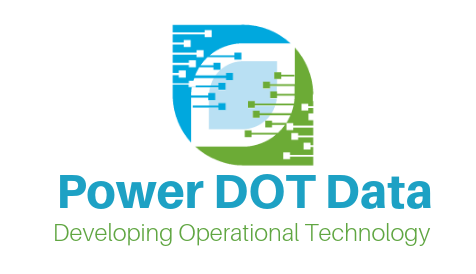
Phone
+27 82 552 7775
Email
sales at powerdotdata.com
Address
Johannesburg, South Africa
Lithium-Ion To Power Your Company
Can You Afford Under Performing Power In Your Data Centre
Imagine if your BMW or Merc lost performance and speed as the fuel gauge dropped, and then you weren’t allowed to use the last quarter of a tank of juice, would you not think that it was time for an upgrade?
This is the case with traditional Lead Acid batteries when storing power.
While there is still a big demand for traditional Lead-Acid batteries (mostly due to upfront costs), the adoption of Lithium-Ion power storage solutions is increasing as companies realise their benefits.
One of the chief reasons being the extended life of these batteries.
LFP (Lithium Iron Phosphate) batteries have a service life of 2 – 4 times that of traditional lead-acid batteries so for every LFP you purchase, over its lifetime you would have had to replace regular deep-cycle batteries 3 to 4 times. Think of the costs involved not only the battery purchases, but also in the delivery and installation of those batteries. So yes, initially the LFP units cost more upfront, in the long term they provide savings.
LFP batteries beat lead-acid batteries is in the delivery of power.
LFP batteries maintain their voltage throughout their discharge and can also be discharged to almost 100% of their storage capacity. Lead-acids on the other hand lose voltage as they discharge and it is recommended to that they are not discharged more than 80%, sometimes it is recommended that they are discharged no more than 50%.
Battery Management System
Another feature of industrial grade LFP batteries is the integrated battery management system, or BMS, that provides users and maintenance service providers access to the batteries operating data. This can in turn be linked to maintenance portals and hosted BMS systems to give you an overview of the health of your battery ecosystem, maximising the life of the batteries and providing all important predictive maintenance.
What about safety?
We’ve all some of the bad stories associated with Lithium-Ion batteries, the failures in a certain cell phone manufacturers batteries have been the subject of many a meme. Lithium-Ion batteries consist of several sub-families of the technology, and as with all families there are always some unstable characters and there are those of us that are more level-headed and reliable. LFP or Lithium Iron Phosphate batteries are the stable, reliable branch of the family that come with a high level of safety, this is in part due to their chemical make up which ensures that a very low level of energy is released in the event of a failure, which is rare.
The question now remains, is it not time for your company to start switching to a better performing, more reliable, and safer form of energy storage?